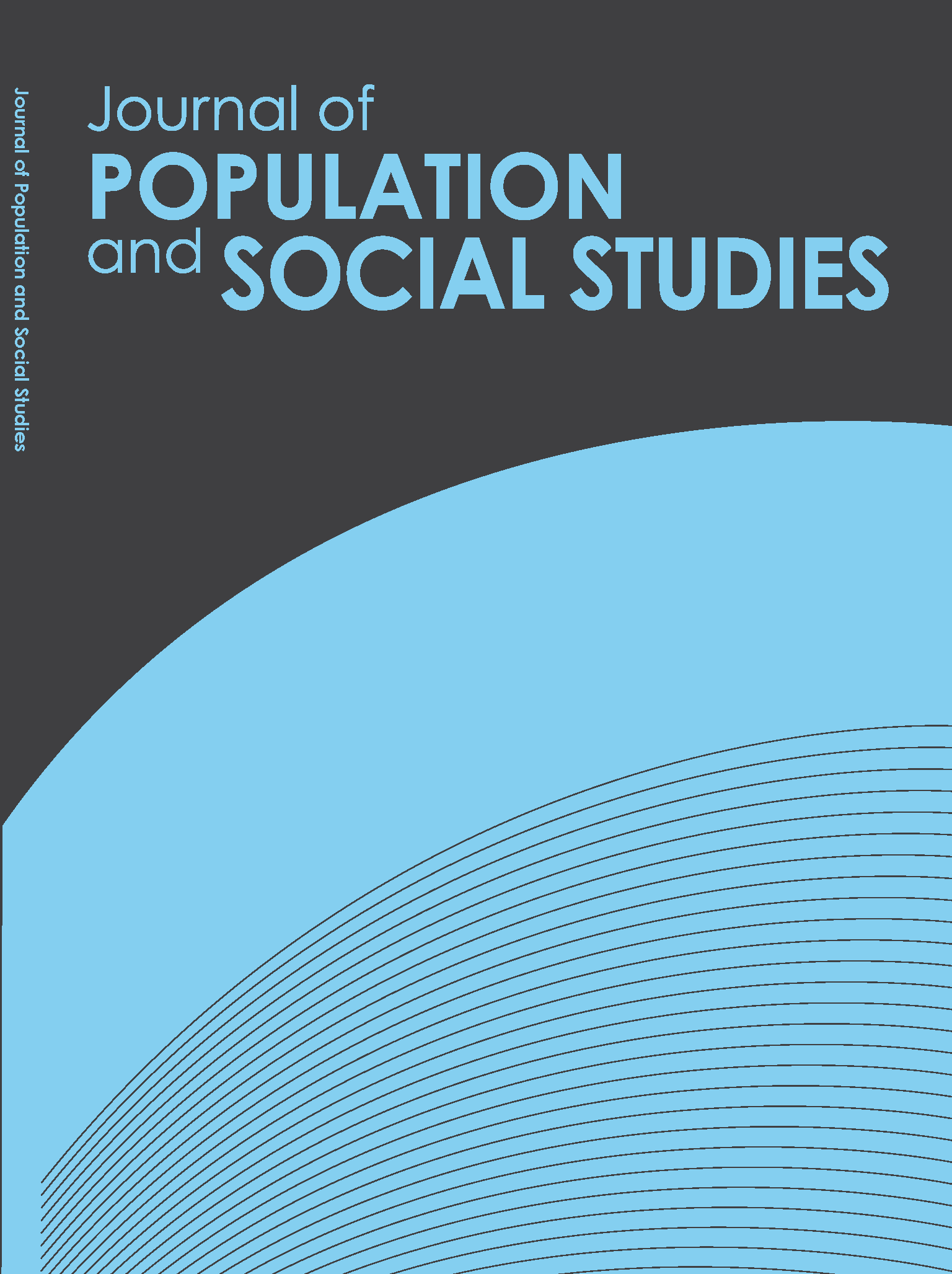Security Revisited: Enhancing Human Security through Lifelong Learning
Main Article Content
Abstract
This article reviews the current discussion on human security as an alternative approach for the understanding of national security with the emphasis on enhancing the quality of life of individuals, their
collectives and communities. It also provides an overview of the changing role of lifelong learning as part of the educational policy instrument to help enhance human security. Apart from its intrinsic value for personal development and fulfilment, lifelong learning is a driving force to promote economic development, social cohesion and a better teaching/learning structure in Europe, East and Southeast Asia. In economic terms, it helps to deliver a better standard of living and productivity by giving people more opportunity to excel in their careers via constant skill and knowledge accumulation. In the social sphere, lifelong learning helps to transform both individuals and the societies in which they live to be more
dignified, resourceful and coherent. In terms of teaching and learning itself, people have become the centre of learning and have been assured of equal access and adequate channels of learning. While the economic and social implications as well as teaching and learning structure are evident in countries where lifelong learning has been firmly established, such as those in Europe, Southeast Asian countries are now deploying lifelong learning to cope with the increasing aging population.
collectives and communities. It also provides an overview of the changing role of lifelong learning as part of the educational policy instrument to help enhance human security. Apart from its intrinsic value for personal development and fulfilment, lifelong learning is a driving force to promote economic development, social cohesion and a better teaching/learning structure in Europe, East and Southeast Asia. In economic terms, it helps to deliver a better standard of living and productivity by giving people more opportunity to excel in their careers via constant skill and knowledge accumulation. In the social sphere, lifelong learning helps to transform both individuals and the societies in which they live to be more
dignified, resourceful and coherent. In terms of teaching and learning itself, people have become the centre of learning and have been assured of equal access and adequate channels of learning. While the economic and social implications as well as teaching and learning structure are evident in countries where lifelong learning has been firmly established, such as those in Europe, Southeast Asian countries are now deploying lifelong learning to cope with the increasing aging population.
Article Details
How to Cite
Dhirathiti, N. S. (2011). Security Revisited: Enhancing Human Security through Lifelong Learning. Journal of Population and Social Studies [JPSS], 19(2), 255–269. retrieved from https://so03.tci-thaijo.org/index.php/jpss/article/view/84554
Section
Research Articles


